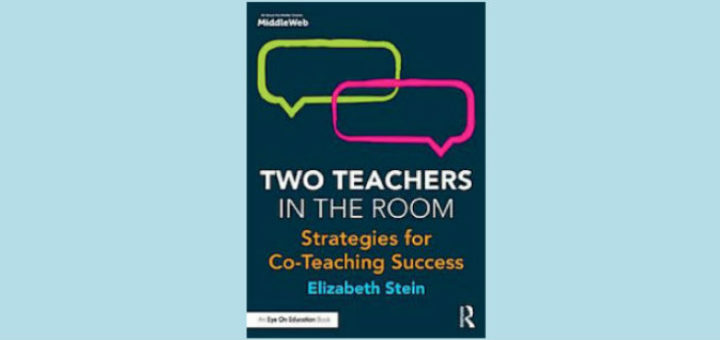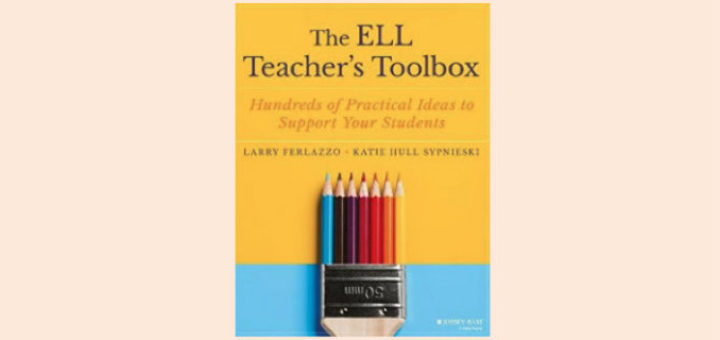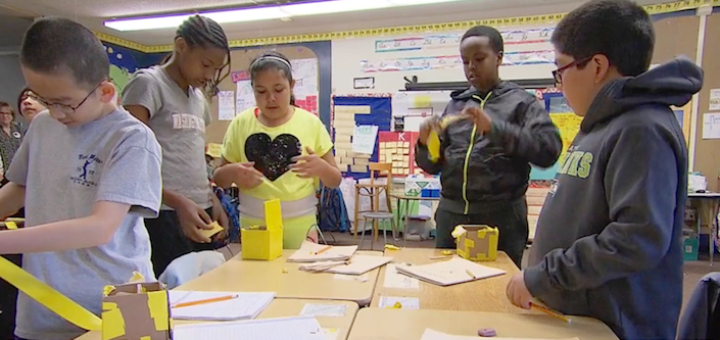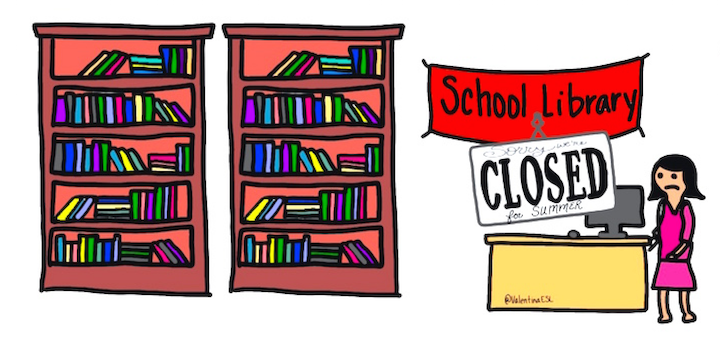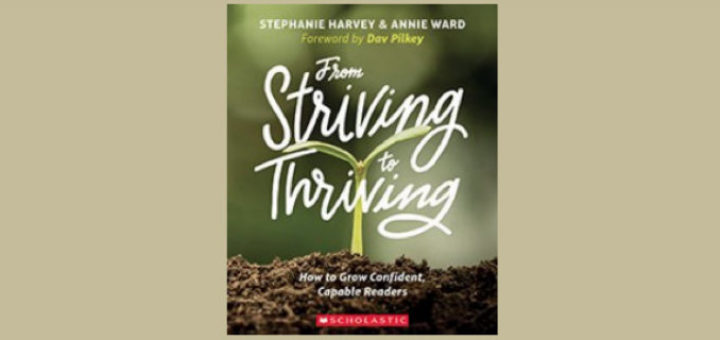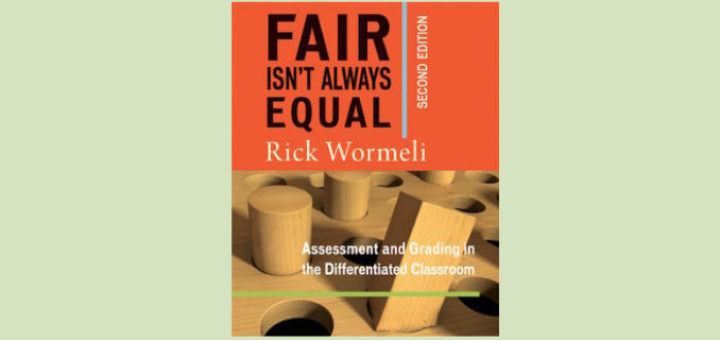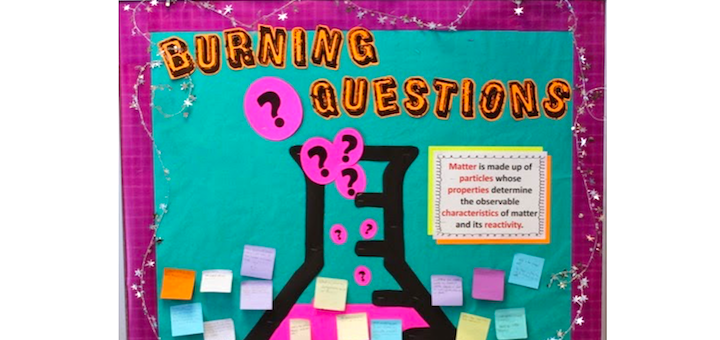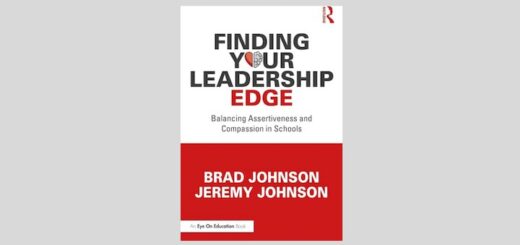Teaching and learning in grades 4-8
In the 100+ pages of Two Teachers in the Room, Elizabeth Stein provides a treasure trove of strategies, tips and ideas not only for co-teaching, but also for creating a student-centered learning environment in every classroom, says ESE leader Laura Von Staden.
The ELL Teacher’s Toolbox is all meat with 400+ pages of teaching tactics, techniques, and methods, organized for use by ELL teachers and their colleagues across content areas. Educator Rita Platt says the book’s high impact strategies are perfect for summer PD.
System leaders may say preparation for end-of-year testing is now built into everyday teaching, but science coach Kathy Renfrew still witnesses a “test prep culture” in her middle grades work. What can teachers do to stop stealing learning time for off-topic prep?
Once you settle into summer break and find yourself thinking back over the past year’s successes and struggles, why not explore some fresh tools for classroom management next fall? Teacher educator Curtis Chandler offers some good places to start.
Michelle Russell has worked to combat students’ negative attitudes toward math, but she had never considered how their attitudes might be affecting her effectiveness as a teacher. It’s been a tough year, but Russell has begun to find some ways to restore her enthusiasm.
One way to counter summer slide is to provide easily accessible books. Public libraries are great but many kids can’t get to them. Valentina Gonzalez describes the challenges facing ELLs and other kids and suggests ways to make school libraries available over the break.
To reach the student who hasn’t made that essential positive connection with reading, you can do no better than apply the ideas detailed by Stephanie Harvey and Annie Ward in From Striving to Thriving. Reviewer Linda Biondi recommends having a box of tissues handy.
In the 2nd edition of Fair Isn’t Always Equal Rick Wormeli employs patience and innovation along with multiple examples across disciplines and grade levels to explain how assessment works in differentiated classrooms, writes teacher Jennifer Randall. Essential reading!
Teachers don’t set out to bore students to death with fact-filled research projects. They want assignments where students *do something* with their facts. In her story about ‘Drew,’ former New Hampshire TOY Angie Miller provides the insight we need to spark their critical thinking and creativity.
Kids are always posing questions as they grow, but research shows that when they enter school, it’s mostly teachers doing the asking. Teacher educator Molly Ness offers six ideas for promoting questioning in our classrooms and letting student curiosity drive learning.

